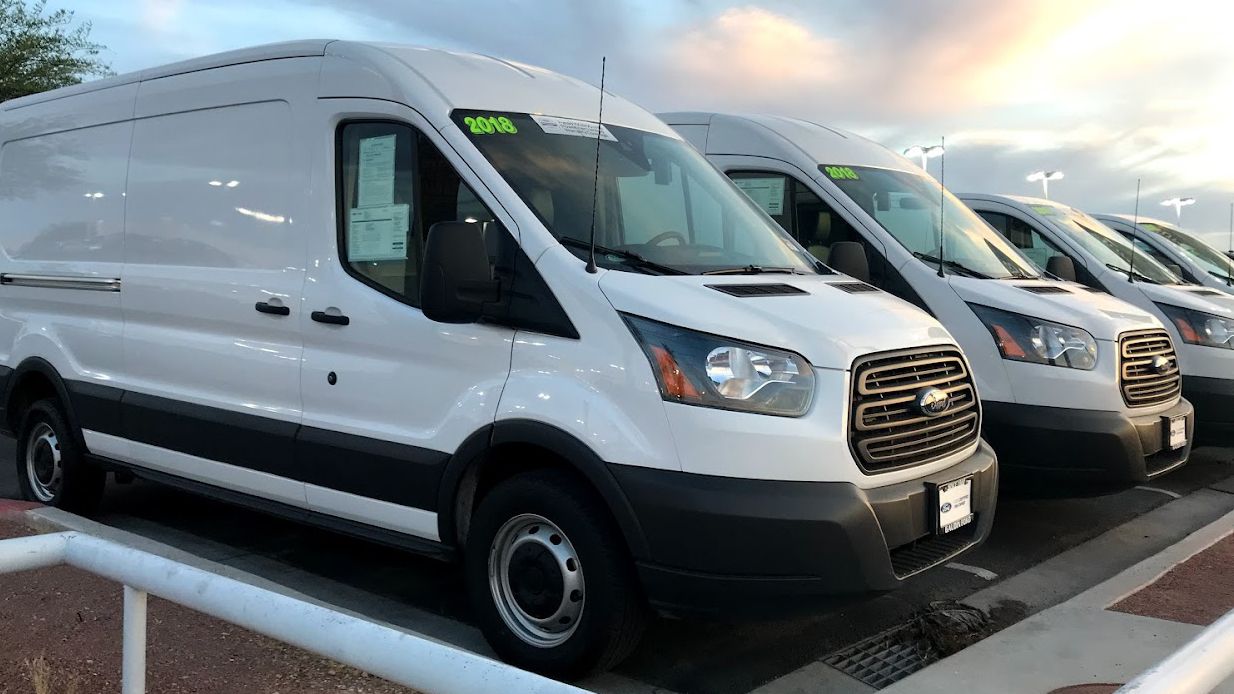In the rapidly growing cannabis delivery industry, vehicle tracking systems have become an essential part of logistics and compliance. These GPS-based systems offer real-time location data, route optimization, and driver behavior monitoring. While these technologies enhance efficiency and security, they also come with drawbacks, especially concerning privacy, cost, and operational complexity. Below is a closer look at the key advantages and challenges of vehicle tracking in cannabis delivery.
Pros of Cannabis Delivery Vehicle Tracking
1. Enhanced Security and Theft Prevention
Cannabis delivery vehicles often carry high-value products and, in some cases, large amounts of cash. GPS tracking systems allow dispensaries and fleet managers to monitor routes in real time, which can act as a deterrent against theft or diversion. If a vehicle goes off-route or is hijacked, tracking systems can alert dispatchers immediately and assist law enforcement in recovery efforts.
2. Compliance with State Regulations
Many states that allow cannabis delivery—such as California, Massachusetts, and Michigan—require real-time tracking of delivery vehicles as part of their regulatory framework. GPS tracking ensures that businesses remain compliant with these laws by recording time-stamped route data, which can be audited by state agencies.
3. Improved Customer Experience
Tracking systems can integrate with consumer-facing apps to provide accurate delivery windows, live tracking, and real-time updates. This transparency boosts customer trust and satisfaction, particularly in competitive markets where timely delivery is a key differentiator.
4. Operational Efficiency and Route Optimization
Fleet tracking software enables companies to analyze routes and improve delivery times. Dispatchers can assign orders based on real-time driver locations, reroute vehicles to avoid traffic, and maximize the number of deliveries per shift. Over time, this results in fuel savings and reduced labor costs.
5. Accountability and Driver Performance Monitoring
By tracking speed, stops, and other driving behaviors, vehicle tracking systems can encourage safer and more responsible driving. This not only minimizes the risk of accidents but also extends the life of delivery vehicles. In addition, performance metrics can help managers identify training needs or reward high-performing drivers.
Cons of Cannabis Delivery Vehicle Tracking
1. High Initial and Ongoing Costs
Implementing GPS tracking systems involves upfront costs for hardware, software subscriptions, and installation. There may also be ongoing expenses for system maintenance, upgrades, and training staff to use the technology effectively. For smaller operations or startups, these costs can be a significant burden.
2. Privacy Concerns for Drivers
Not all employees are comfortable being tracked constantly. Continuous GPS monitoring can raise concerns about privacy, micromanagement, and job satisfaction. If not handled sensitively, it can lead to trust issues between staff and management. Labor unions in some states have pushed back against invasive tracking practices.
3. Technical Failures and Maintenance
Like any technology, GPS systems are vulnerable to outages, malfunctions, and connectivity issues. If a system goes down mid-shift, it can disrupt deliveries and compromise compliance reporting. Regular maintenance is needed to ensure consistent performance, which adds another layer of operational responsibility.
4. Data Management Challenges
Tracking systems generate vast amounts of data that must be stored, protected, and managed properly. Cannabis businesses, already dealing with stringent data security requirements, must ensure this information is encrypted and meets all relevant cybersecurity regulations. Mishandling route or driver data can have serious legal consequences.
5. Potential for Overreliance on Technology
Relying too heavily on GPS technology can lead to complacency in planning and execution. If systems are not regularly updated or calibrated, it could result in inefficient routing or delays. Human oversight remains essential to verify that tracking tools are performing as expected.
Conclusion
Vehicle tracking technology is a powerful tool in the cannabis delivery ecosystem, helping businesses meet compliance demands while enhancing efficiency and safety. However, it’s not a one-size-fits-all solution. Companies must weigh the operational and regulatory benefits against the financial costs and potential workforce concerns. A balanced approach—combining technology with transparent communication and employee trust—will yield the best results for both cannabis businesses and their customers.




